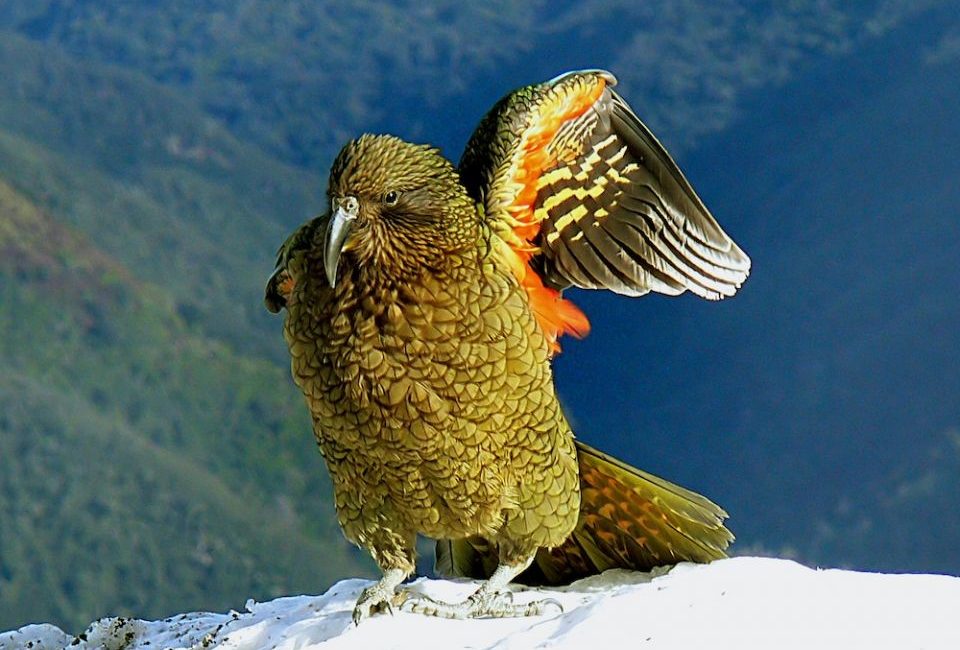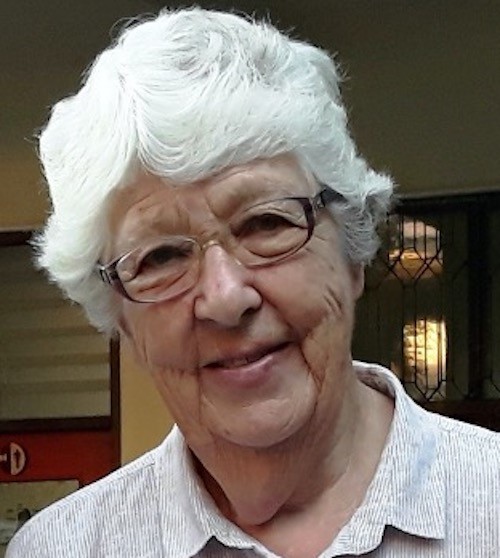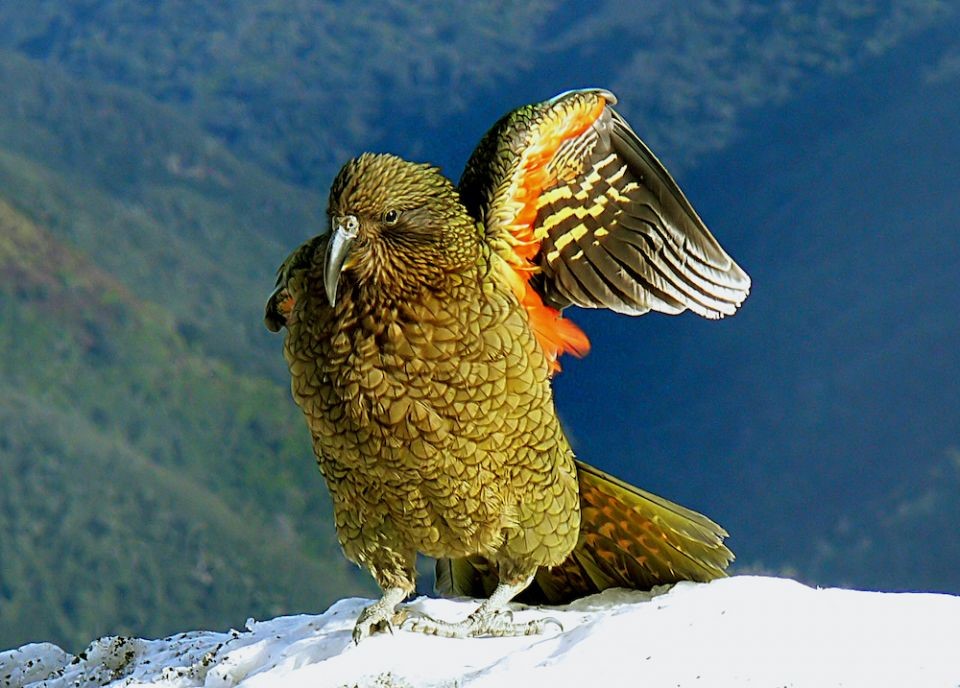
 Susan Elizabeth Smith, a Sister of Our Lady of the Missions, has worked in education at various levels: primary and secondary school teaching in New Zealand, university education in New Zealand and Australia, and with Duquesne University in Rome and Manila, Philippines. She has been involved in pastoral and catechetical formation in Papua New Guinea; in adult literacy and numeracy programs for Maori in New Zealand; and in congregational formation programs in Davao City, Philippines, and St. Rambert, France. Currently, she volunteers as a budget adviser, helps with an emergency housing trust and some environmental groups, and writes for publications.
Susan Elizabeth Smith, a Sister of Our Lady of the Missions, has worked in education at various levels: primary and secondary school teaching in New Zealand, university education in New Zealand and Australia, and with Duquesne University in Rome and Manila, Philippines. She has been involved in pastoral and catechetical formation in Papua New Guinea; in adult literacy and numeracy programs for Maori in New Zealand; and in congregational formation programs in Davao City, Philippines, and St. Rambert, France. Currently, she volunteers as a budget adviser, helps with an emergency housing trust and some environmental groups, and writes for publications.
Our congregation is caring for our common home both on the local and congregational levels.
Here in Whangarei, New Zealand, we are working with neighborhood groups to save the rich biodiversity characteristic of New Zealand before the arrival of European settlers in the early 19th century. This is not an easy task: Native flora and fauna are significantly threatened.
Caring for them involves predator and weed control, both of which generate ethical concerns for some. Should we be trapping stoats and opossums? Should we be killing off exotic plants that threaten native trees? Making decisions about environmental issues is not always easy.
After all, in Australia, the opossum is protected. In New Zealand, more than 30,000,000 of these introduced pests are destroying native forests and, in some parts of the country, transmitting tuberculosis to cattle.

One unintended consequence of our involvement with local environmental groups is that we engage with people who usually have no church affiliations or connections, as New Zealand is a very secular country. People like finding out more about Catholic sisters, and on occasion, we can have great theological conversations.
At the congregational level, we have a significant number of tribal sisters living in Myanmar, Bangladesh, India, the Philippines and Kenya. Sadly, 19th-century mission histories show that Western missionaries disregarded the oral traditions of tribal peoples, who tended to convert to Christianity more readily than Hindus or Muslims or Buddhists. That might mean that their oral traditions were more easily forgotten, which is accelerating as more tribal peoples move to cities in search of work and a better life.
However, our sisters are finding that tribal cultures have much to teach us about care of the environment. These traditions look upon planet Earth as their mother, worthy of respect and honor and care. We in the West have looked upon nature as something to be exploited for financial gain. “Sustainability,” “care of the environment” and “climate change” are relatively new additions to our vocabulary.
We recognize this as a congregation, and a small group of us is working with younger tribal sisters to collect their stories of creation. These can then become wisdom stories for us as we seek to care more for Mother Earth.
As a Khasi sister from India’s northeast, Libera Buhphang, wrote to me in December 2019:
Our Khasi creation stories are not just stories to be told from one generation to the next, but they can serve as a guide in living out our religious vocations, ensuring that we see all of creation as co-creatures with us. As human beings, we cannot live in isolation. We depend on each other and on Mother Earth for our very life and existence. The air that we breathe throughout our lives is freely given. We freely enjoy the cool breeze that gently touches on our faces, the soothing and cool refreshing raindrops on our foreheads, the clean running streams of water, the vastness of mighty oceans, lovely hills — deep valleys and great mountains, the richness of vegetation and variety of fruits and flowers in different seasons. Our tribal stories of creation are significant as we co-create in nurturing life and caring for our environment. Our creation stories invite me, my sisters, and all people of goodwill to rediscover the depths and wisdom found in different tribal creation stories. These are yet another pathway to our Creator God and remind us of our vocation to care for all God’s creation.